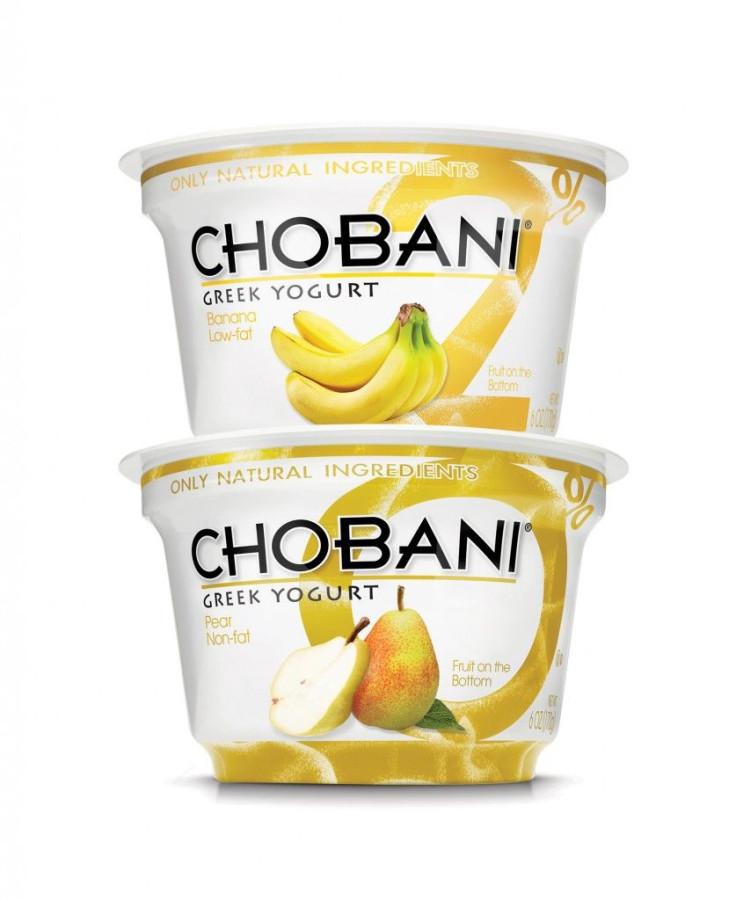Greek Yogurt's Toxic Waste By-Product May Be Causing Widespread Water Pollution

Greek yogurt companies like Chobani have prospered due to the healthy benefits of their protein-filled dairy items, but is the production of their goods harming the environment far more than it's benefitting us?
According to an investigative report published by Modern Farmer, Chobani industrial plants are having trouble dealing with a hazardous byproduct of greek yogurt production known as whey acid.
However, a press release issued by Chobani stated, "Right now, we choose to return whey to farmers, most of whom use it as a supplement to their livestock feed. Some is used as a land-applied fertilizer but only at farms that have nutrient management plans in place with the state environmental conservation agency. A small percentage is also sent to community digesters, where the whey is used to produce energy."
If the milk white waste product were to make it into nearby waterways, it could potentially suck the oxygen up from the river, claims Modern Farmer. Even the tiniest organisms could face trouble living in the inhabitable ecosystem.
So how can something so valuable for our own health be so detrimental to the environment?
Greek yogurt is essentially regular yogurt that has been strained of its excess whey, consisting mainly of water but also lactose, sugar, and trace amounts of protein.
Yogurt companies like Chobani have come up with three possible solutions for the disposal of whey acid that would stop it from ending up in a town or city's water supply:
1. Chobani claims around 70 percent of whey acid gets turned into feed for livestock or fertilizer for crops on farms close to the factories.
2. Other dairy specialists believe recovery of protein from acid whey can be useful for baby formula.
3. Scientists from the University of Wisconsin are confident sugar drawn from whey acid can be converted back into an edible ingredient of food products.
Just last month, a Chobani production facility in New Twin Falls, Idaho was named "Plant of the Year" by Food Engineering.
"At Chobani, we're committed to craftsmanship and innovation, which is truly embodied by our Twin Falls plant. We're honored to have been named 'Plant of the Year' by Food Engineering, as the award is a true testament to our hardworking employees, vendors and community members who helped us bring our dream to life," Marc Abjean, Chobani's vice president and global project manager, said in a statement.
Correction, May 28, 2013: A previous version of this article stated that Modern Farmer claimed that the Chobani plant was responsible for dumping 16,000 gallons of hazardous byproduct into lakes and streams a day. Modern Farmer actually stated that the Chobani plant brought 16,000 gallons of whey acid to Rejman's Sunnyside Farms, where it is disposed of in a variety of ways. No one is currently accusing Chobani of dumping why protein into local waterways.



























